Zorka
Well-Known Member
- Joined
- Jan 29, 2014
- Messages
- 19,654
- Reaction score
- 24,090
The F/W 2026.27 Show Schedules...
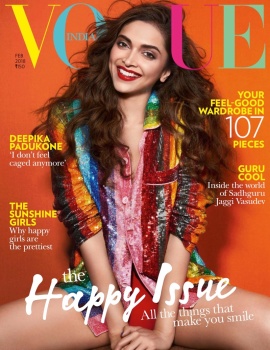
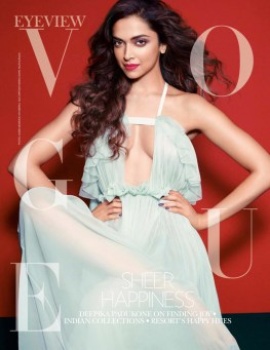
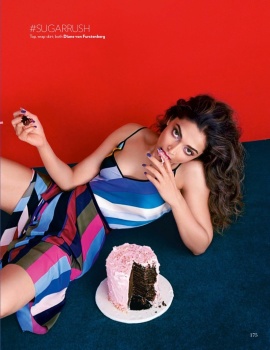
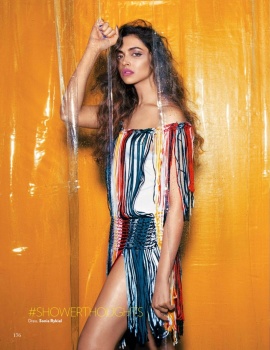
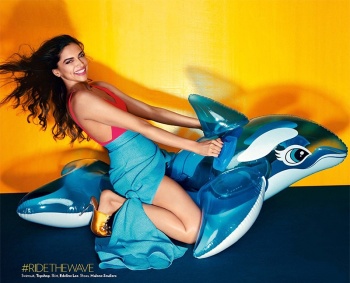
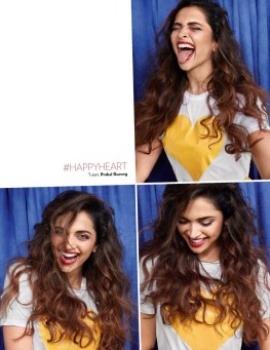
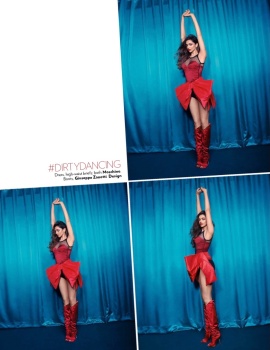
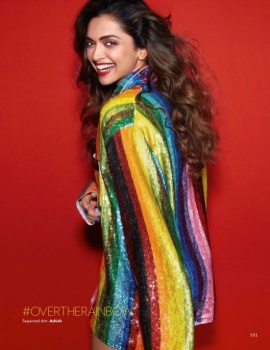
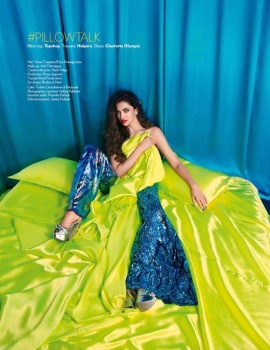
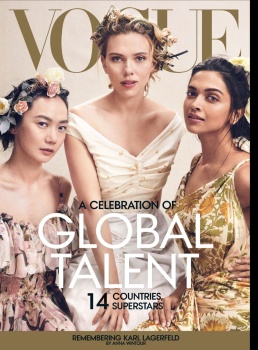
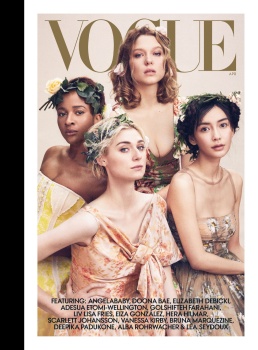
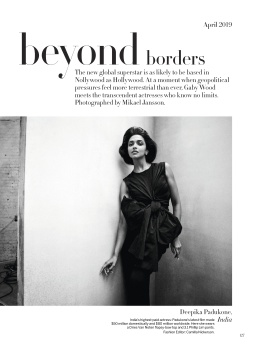
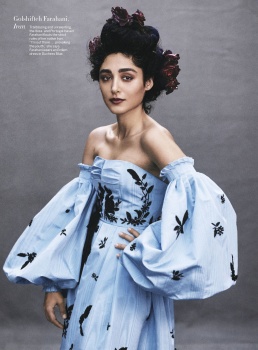
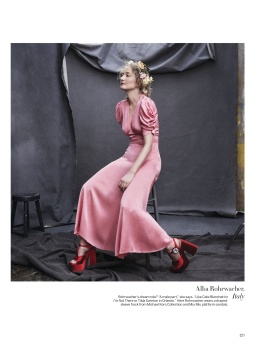



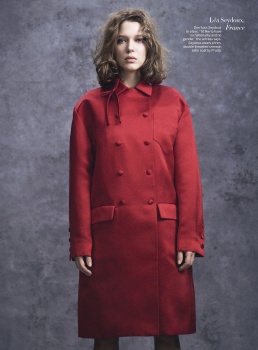
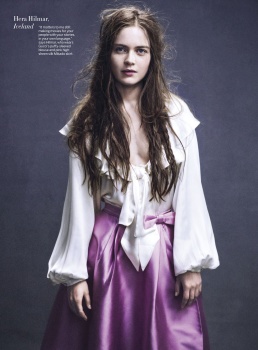
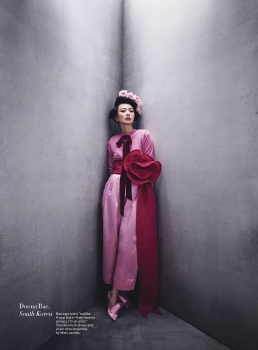
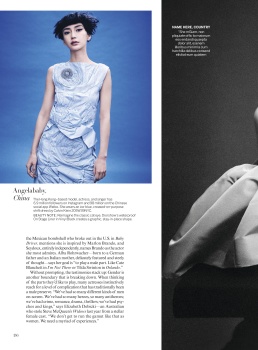
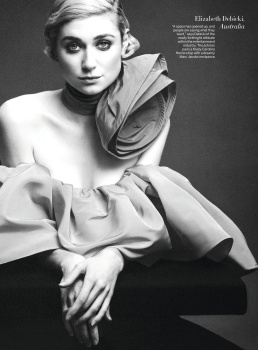
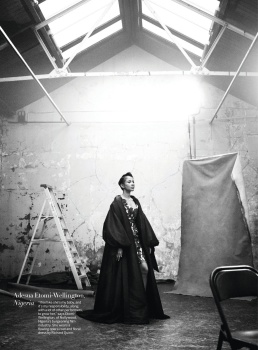
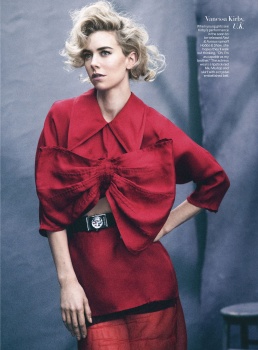
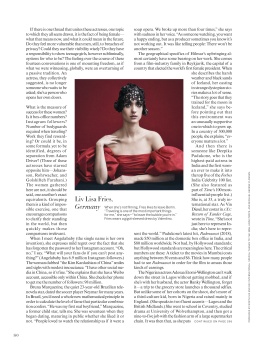

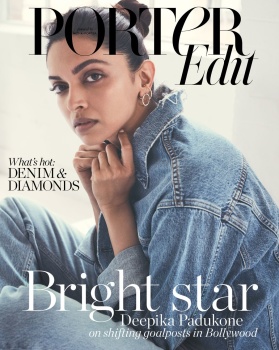
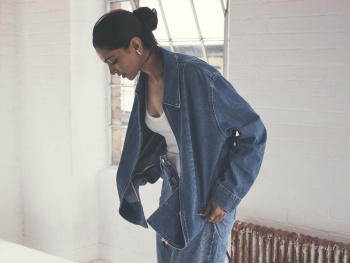
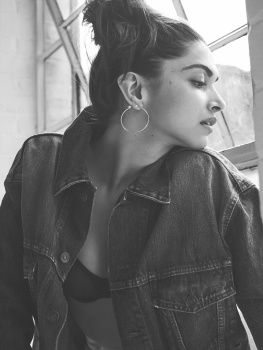
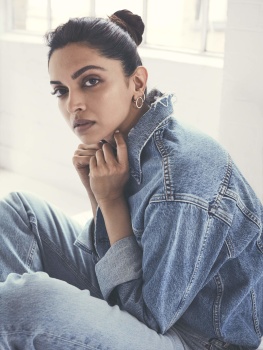
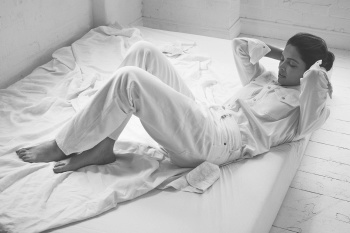
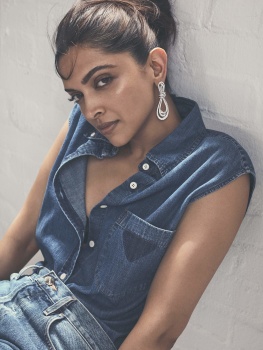
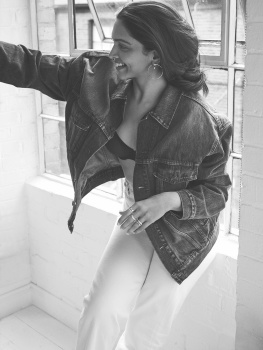
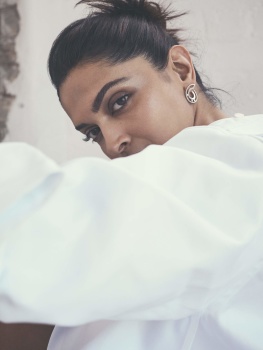
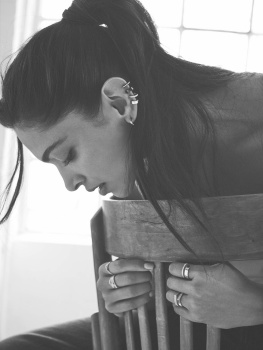
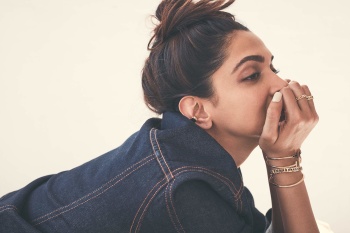
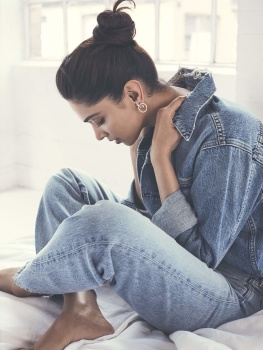
net-a-porterIndia’s highest-paid female actor DEEPIKA PADUKONE has achieved Bollywood-royalty status by following her own rules and not being afraid to speak up. Here, she talks to AJESH PATALAY about depression, diversity and what the West could learn from the East…
The biggest fashion risk that Deepika Padukone ever took? No question. “The neon green Giambattista Valli gown [I wore] with a bandana on my head,” she says decisively. She’s talking about the not-for-the-faint-hearted tulle extravaganza she wore to Cannes earlier this year. “My stylist was doubtful,” she admits. “She was like, I love the gown, but I’m not sure you want the headband.” The headband was optional? “Not for me. It was optional for my stylist. But I was like, we’re doing this. One hundred percent. There was no doubt in my mind.”
If the intention was to grab attention beyond India, where as the country’s highest-paid actress she has no trouble getting attention, it succeeded. “It’s not so much about having an impact in the West,” she corrects, “as it is about pushing the boundaries for myself. I am that girl who loves fashion and loves dressing up.” Besides, the idea of an actor wanting to graduate from Bollywood to Hollywood? “I feel that’s a bit dated,” she says. “Today, the world is much more than that. If anything, I think today the West is looking east.”
If the West is looking east, it’s increasingly in the direction of Deepika Padukone (pronounced Dee-pick-ah Pad-oo-coon), the 33-year-old actress who is shifting goalposts in Bollywood. In that regard, the past 12 months have been dizzying. Not only was she named one of Time’s 100 Most Influential People of 2018, she became the first woman ever to make the top five of Forbes’ India Celebrity 100 in December (thanks to her latest hit, Padmaavat, a historical epic that grossed $90m at the global box office), and in April landed the cover of American Vogue’s ‘Global Talent’ issue, alongside Scarlett Johansson and Doona Bae. “Deepika is the best Earth has to offer,” declared her 2017 XxX: Return of Xander Cage co-star Vin Diesel with typical swagger.
Even more tantalising for her 37.8m followers on Instagram was her glamorous wedding at Lake Como in November, to her frequent co-star and moustachioed heartthrob Ranveer Singh. The day after our interview is his birthday, and she still needs to buy him a gift. (“What’s he into?” I ask helpfully. “Clothes. Vanity,” she says, laughing.)
As for her splashy red-carpet appearances at Cannes and the camp-themed Met Ball, where she looked like Barbie in a strapless pink Zac Posen gown, they were just the icing on this year’s cake.
Today, post-shoot at a studio in east London, she’s making another whimsical sartorial statement, dressed in a ketchup-red Nike tracksuit. “Elevated athleisure” is what she calls it. Film stars in India are tantamount to gods, so it’s telling that Padukone has cultivated a reputation for being so down-to-earth. That’s how she is today: her hair pulled back, her face makeup free, her manner relaxed and cheery. “I’m going to be rude and put my feet up,” she says at one point, adopting the lotus position on the sofa next to me, looking like a hockey player on downtime.
She’s in the UK to shoot ’83, a Hindi film about the Indian cricket team winning the World Cup in 1983. It’s bound to be a sensation in India, not least because she stars as team captain Kapil Dev’s wife, opposite her own husband. A mark of the couple’s celebrity status is that they have their own moniker, DeepVeer. Call it professionalism or the necessary diplomacy between an actor wife and her husband (where arguably she is the bigger star), but when she was cast in the film, she didn’t inform her husband herself. “Because he was in the movie [already] as an actor, I felt like he needed to hear from the director that I was his co-star,” she explains.
She was drawn to the movie, which she co-produces, because having grown up the daughter of professional badminton player Prakash Padukone, she was keen to tell the story of “the sacrifices that a wife or family needs to make to enable [an] athlete to achieve his goals. I’ve seen it so closely with my parents,” she says. “I understand how important that support system is in the life of someone extremely ambitious.”
Just as anticipated is her other actor/producer project, Chhapaak, due out next year, based on the true story of Indian acid-attack survivor Laxmi Agarwal. She plays the lead. It’s an apt project, both as a social-issue film and because it shows how unafraid Padukone is to face up to difficult subjects. When I ask how she felt wearing the prosthetics, confronted by her own heavily scarred face, she says surprisingly: “I felt like myself. It made me realise how you look externally is such a small, irrelevant part of what you are. I think people would expect me to be horrified. Or emotional. Or scared. But I was at complete ease with the way I was, with the way I looked and felt.”
You could draw parallels with the way she unflinchingly faced up to her own depression, speaking publicly about it in 2015 and in the process helping to lift the stigma around mental health in India. Her candor on the subject is still moving – for example, when she tells me about the obstacles she felt in taking medication. “I wasted a couple of weeks carrying the medication around with me because I was afraid of everything I had heard, that it has side effects, that you get addicted,” she says. “Finally, it gets to the point where you either take the medication or there is no point surviving.” Every day she worries about relapsing, and she manages her health “by just being more aware of it”, doing exercise and meditation, and getting a good six to eight hours’ sleep a night.
To hear her talk about her decision to go public, only six months after her diagnosis and without a glimmer of doubt, is to understand her extraordinary strength of conviction: “Sometimes when I am very sure of certain things, it doesn’t come from here,” she says, touching her head, “it comes from here,” meaning her gut.
That drive and determination is the result of her upbringing. Growing up in Bangalore, Padukone followed her father into badminton, playing to a national level till the age of 16. (Her younger sister Anisha is now a professional golfer.) “But I knew deep down that’s not what I would do forever,” she says, explaining her sudden shift to acting, despite only having appeared in school plays. Miraculously, her parents acquiesced (her father’s unconventional move into badminton had already laid the groundwork for family members to pursue their passions) and, in 2007, she moved to Mumbai, where she started modelling and got into film. It wasn’t easy at first, partly because she had no industry connections and it is recognised that Bollywood operates on nepotism (tellingly, her husband is also a Bollywood outsider), and partly because “I was trying to be someone I was not,” she says. “Trying to fit the model of being an Indian film actor, being a certain way, wearing certain clothes. When I decided to shed all that is when everything started falling into place.”
In light of the post-MeToo reckoning in Hollywood, I ask if there are similar issues in Bollywood that need to be addressed. “So many,” she says. “The way crews are looked after. How many hours [they] spend on set. Not getting paid.” Abuses she hopes to address as a producer. Does she feel other Bollywood actors are using their power to affect change? “No. Because I feel like a lot of actors are just content with what they do for themselves,” she says. “I’m not that person. I feel like if I am in a certain place today, I would like to use that. It makes me angry sometimes to see extremely influential and talented people who don’t really try to do anything beyond what they want to do. That’s a personal choice, but it makes me sad.”
I ask what she thinks Bollywood is doing right and could teach the West? “To cast in a more diverse manner,” she says after a long pause. “While the conversation about diversity seems to happen [in Hollywood] now, I feel there is still a long way to go before they truly understand it.” Does that mean she is still only being offered ‘the Indian’ roles (parts defined entirely by their ethnicity)? “Yes. Or the exotic. The exotic assistant to the detective,” she rolls her eyes. Now when she takes meetings in LA, it’s with a particular intention in mind. “I am going to meetings to let people know not just about me, but that there is a whole big world out there beyond America,” she says. “And they need to see that.”
